by Andy Lowe
There is a word that has not only become glorified as
something to aspire to but almost as a requirement to participate in our
sport…hardcore.
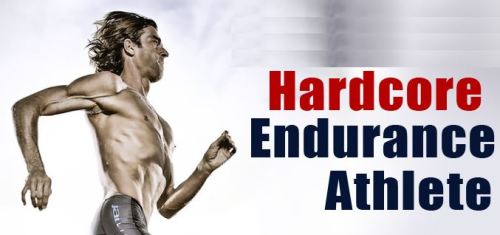
Now don’t get me wrong. There is nothing necessarily bad
about putting your heart and soul into triathlon. If you want to be hardcore,
then by all means have at it. But I hope many of you that are either new or
early into the sport will find relief in knowing that you don’t have to be hardcore.
So, let’s dispel a few of the common myths that drive this false perception of
one must be hardcore to do triathlon.
Myth 1: You have to
devote yourself to training
If you are on Facebook and have any friends who are
triathletes you may wonder how some of these athletes manage to stay married,
raise their kids, or hold down a job. Their news feed is one long list of 8 hr
bike rides, 20+ mile runs, and swims across the English Channel. Who has time
for that?

Training is essential, but it is also relative to ones goals.
For a sprint distance athlete who does one race per year,
this could easily require less than 8 weeks of training and a max time
commitment of 4 hours per week. On the other end of the scale, a full distance
athlete that maintains at least a modest base fitness level in the off season
can reach the finish line in as little as 18 weeks. The time commitment here
will range from 8-13 hours per week with a couple of larger volume training
days just before the event.
Myth 2: You have to
eat a miserable diet
Let’s be honest, this isn’t just about triathletes, but
about people in general. Whether it’s paleo, vegan, organic, all natural, Atkins,
low carb, or whatever other diet trend is being touted, the underlying message
is “EAT THIS, NOT THAT”!
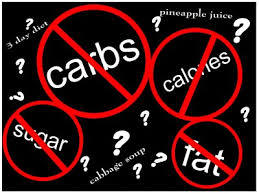
I am not trying to debate the benefits or risks of eating
certain foods. This is a myth about “HAVE TO” not “SHOULD”. Is what you eat a critical factor to ensure
good health? Sure, I’ll go along with that. But, it doesn’t make me want to
give up eating bacon.
Myth 3: You have to kill
yourself every work out
Some people are under the false pretense that the harder you
train the better. The research is pretty clear on this one. Training on the
ragged edge all the time will not only lead to poorer performance, but it will
significantly increase your risk of injury.
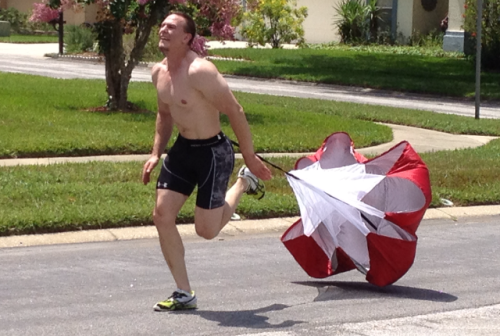
How much intensity you need is dependent on a number of
factors. Training is work, but every workout doesn’t have to be a suffer fest.
You will know you’re doing it wrong if your training times are better than your
race performance.
Myth 4: You have to
spend a fortune on a bike
No doubt the bike is the largest expense of the sport. The
truth is the capability of many athletes is well within the capability of the entry
level and mid range of bikes on the market. If science tells us anything, the
fit is far more important to most riders than the function.
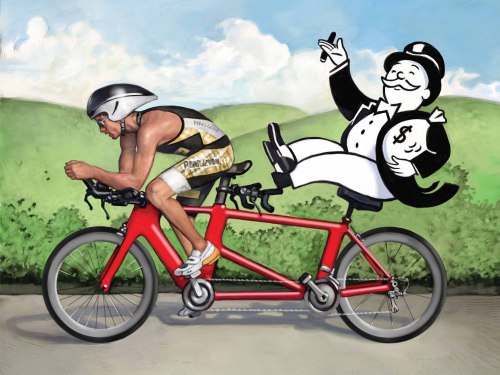
Whether you have the resources to drop $20k on a space tech
super machine or you are working part time at the local drive-thru to finance a
second hander from a friend of a friend, spend the time and money to get a top
grade fit. Then try to show some restraint as you pedal by those who didn’t
follow this advice.
Myth 5: You have to
sign up for every race
First and foremost, to have any kind of longevity in this
sport, it has to remain fun. Too much of anything can easily lead to burnout.
Whether you like the course, specialize in the distance, support the cause, or
just have some friends doing it that you want to race with, pick races that
mean something to you.
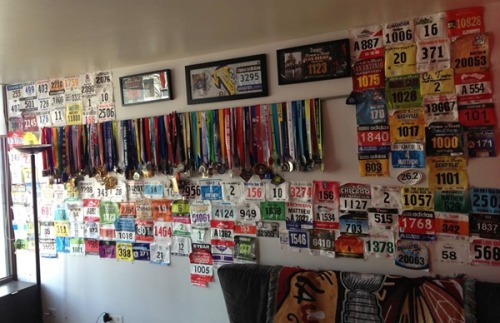
Second, pick races that correspond to your goals. If you are
aiming at your first full distance race, make sure anything else lines up with
that goal. A sprint distance early season could be a fun way to kick things off,
but that same race 3 weeks out from your “A” race is likely a waste of a good
training day.
In Summary….
Whether you are new to the sport of triathlon or you’ve been
doing this a while, I hope you found some liberation in the reading of this
article. It is not intended as training advice or even as opinion of fact.
These are simply my observations based on my experiences in the sport. Live
Tri!
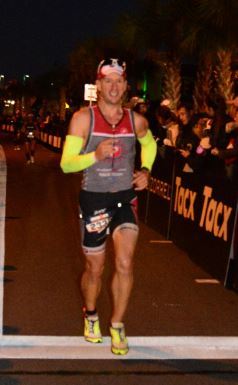


 SWIM
SWIM
 BIKES
BIKES
 APPAREL
APPAREL
 NUTRITION
NUTRITION
 COMPONENTS
COMPONENTS
 ACCESSORIES
ACCESSORIES
 Podium Multisports Blog
Podium Multisports Blog









